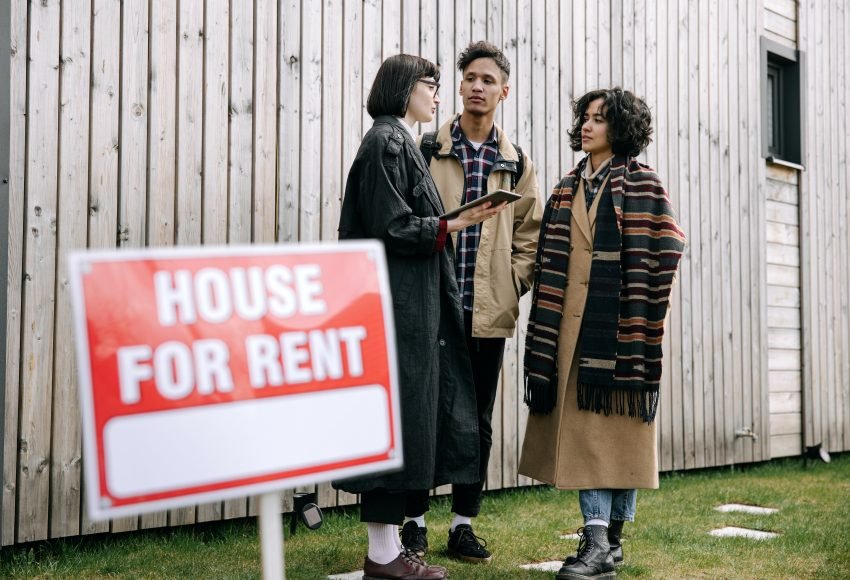When undertaking anything for the first time, there is a lot of nervousness. One can only imagine the stress that comes with such a significant decision as purchasing one’s first home.
Purchasing a rental property is often seen as an excellent investment. Real estate investing, on the other hand, necessitates research to guarantee the greatest return on your investment.
Winston Deloney, a Chicago based seasoned real estate specialist offers advice to first-time and potential rental property owners.
Make Sure You’re Landlord Material
Being a landlord is far more difficult than purchasing a rental property. You’re not completely inactive in maintaining rental homes since they’re called passive investments.
The time and expertise required to manage an investment property are a must if you’re thinking about getting into real estate investing. Yes, you may pay someone to take care of the minor details for you, but this is not advised for novice real estate investors since it will reduce your earnings.
Controlling tenants, establishing contacts, managing expenses, and paying your dues are all aspects of being a landlord. Consider renting out your own house first to see whether you’re cut out to be a landlord.
Prior to anything else, take care of any debt you may have
Investing in real estate with debt may be considered acceptable by some. As a new investor, you should stay away from it.
So, if you owe money on a credit card or have school loans, medical expenses, or any other debt, you should put off investing in real estate for the time being. In this scenario, paying off debt should be your first concern before looking for rental property.
Keep your debt payments manageable so you’re not forced into defaulting on your obligations.
Estimate Your Monthly Operating Costs
Each rental property is unique, but there are certain costs that apply to all. Knowing how to estimate the costs of operating an investment property is an important skill for landlords.
Rental property expenditures involve a variety of different types of costs like insurance, property taxes. According to Winston Deloney, calculating these costs lets you know how much to charge fairly that will give you profits.
Plan ahead of time for the unforeseen
The unexpected costs that come along with rental properties must also be factored into your budget when determining your expenses before purchasing your first rental property. All of these things affect the bottom line in one way or another.
It’s also no secret that even the most robust real estate market may experience a downturn. As a result, Winston Deloney advises that you save a separate fund for unanticipated maintenance costs.
Understand Your Legal Responsibilities
Landlords must know the laws governing landlord-tenant relationships in their state and city. Knowing your tenants’ rights and responsibilities, such as security deposit and lease requirements and eviction rules, fair housing and other legal issues is critical if you want to try and prevent legal issues.








